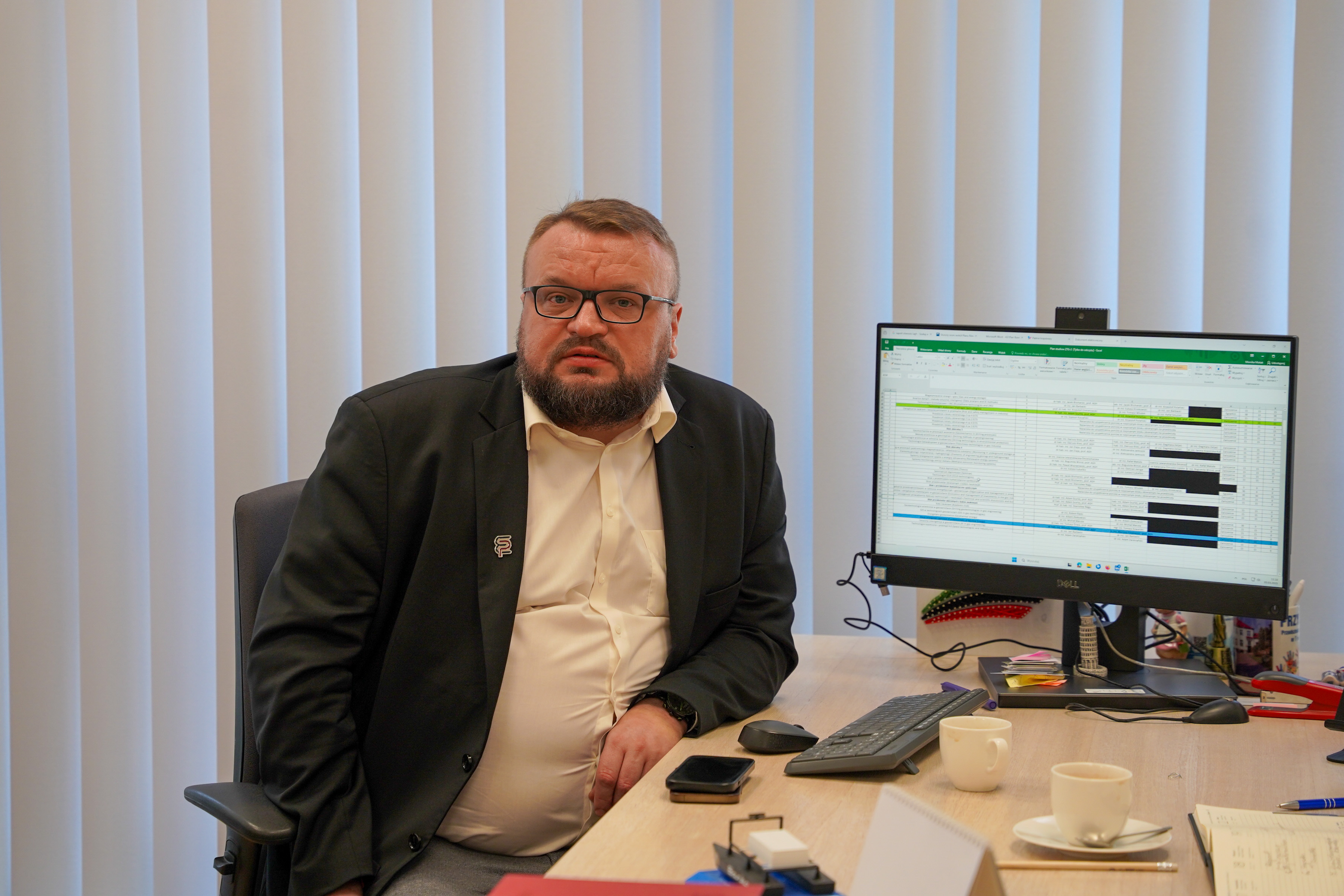Course Title: Catalysis, Catalysts, Methods of Their Characterization and Possibilities of Application
Course Description:
This course offers a comprehensive introduction to the principles of catalysis and surface phenomena, with a particular focus on catalyst structure, preparation techniques, characterization methods, and practical applications in industrial and environmental processes. It combines theoretical instruction with practical, hands-on laboratory experience.
Structure and Delivery Method:
- Online module: 45 hours of asynchronous lectures and self-paced learning
- On-site module at AGH University: 15 hours of laboratory work and in-person instruction
- Total course workload: 60 hours
- ECTS credits: 4
Course Content:
Lectures:
- Introduction to the course: scope, objectives, assessment rules, and the significance of surface phenomena in industry and environmental protection (adsorption and catalysis).
- Basic definitions: types of sorption processes (physisorption and chemisorption); textural properties of adsorbents and catalysts; characterization methods.
- Key catalyst parameters and performance indicators.
- Catalyst structure: the role of active phases, supports, and promoters.
- Selected catalyst preparation methods: deposition techniques.
- Catalyst deactivation: causes, effects, prevention strategies, and examples (e.g., industrial SCR catalysts).
- Application of catalysts in selected industrial processes.
Laboratory Sessions:
- Preparation of catalysts using various techniques
- Characterization of physicochemical properties
- Testing of synthesized catalysts in selected applications
Learning Outcomes:
Upon completion of the course, students will:
- Understand key terminology and concepts related to surface phenomena and catalysis, including catalyst preparation, structure, and properties.
- Be able to independently and collaboratively conduct and analyze experiments in the field of catalysis.
- Demonstrate responsibility and awareness of their role in team-based and individual tasks.
Assessment and Certification:
- Final exam covering both theoretical knowledge and laboratory experience
- Micro-credential certificate issued by AGH University, which includes:
- Course title
- Learning outcomes
- Total number of hours (60)
- ECTS credits (4)
- Final grade
- The course is formally registered by the responsible AGH University faculty as an official educational activity.
LECTURER
Dr. Eng. Bogdan Samojeden, Faculty of Energy and Fuels

Bogdan Samojeden is an Associate Professor at the AGH University of Krakow – Faculty of Energy and Fuels, Department of Fuel Technology, where he also serves as Vice Dean for Education. He specializes in catalysis, surface phenomena, and sustainable energy technologies.
He completed postgraduate studies in the management of scientific research and development works at the Higher School of Economics and Innovation in Lublin, graduating with honours. As part of his continued professional and academic development, he also completed the Cambridge Leadership Development Programme (CamLDP).
His academic and professional activity focuses on the preparation, characterization, and application of catalysts in environmental and energy-related processes. He is the author of over 220 scientific publications and has supervised more than 70 MSc theses. Since 2022, he has been ranked among the Top 10 most publishing researchers in the discipline of Environmental Engineering, Mining, and Energy at AGH University.
He has been involved in numerous international research and educational projects, including PIONEER – Plasma Catalysis for CO₂ Recycling and Green Chemistry (ITN MSCA 813393), I-MAT – Innovative Mobility Attracting Tools for Latin America (101082884), and several EIT InnoEnergy programmes, such as MSc Energy Transition, MSc SELECT, and the PhD School.
At AGH University, he is actively engaged in academic governance and institutional development. He is a member of the committee for professional risk assessment, serves as the Faculty Dean's representative for computer software, and coordinates the Erasmus+ Programme at the faculty level. He is also a member of the AGH University Senate, the University Disciplinary Committee for PhD Students, and the University Disciplinary Committee for Students, as well as a member of the Faculty Council of the Faculty of Energy and Fuels. Additionally, he supervised the Student Research Association Indygo.

